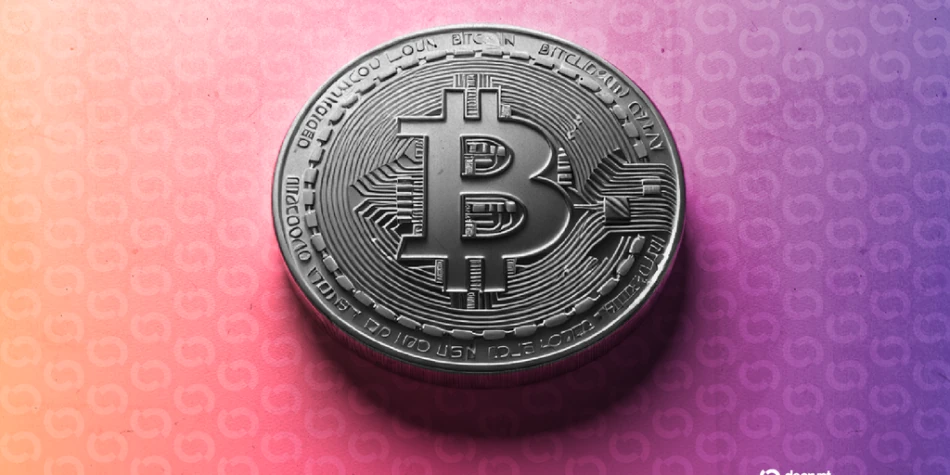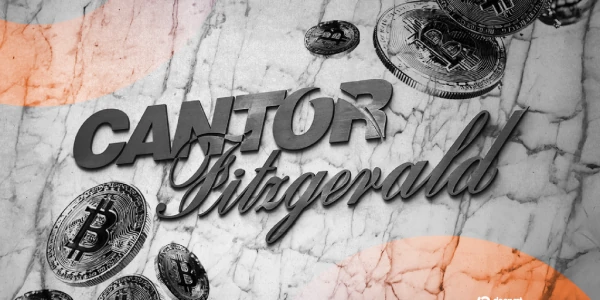
Paraguay President's Bitcoin Reserve Proposal Deemed a Potential Cyber Attack, Sparking Controversy
The South American country is also not starting a strategic BTC reserve. Hackers asked readers to send the asset to a Bitcoin address.[...]
Crypto Pranksters Target Paraguayan President's Twitter Account
Fake Bitcoin Announcement Sparks Confusion and Skepticism
In a bizarre turn of events, hackers compromised the official Twitter account of Paraguayan President Santiago Peña, posting a false announcement that the country had adopted Bitcoin as legal tender. The tweet claimed Paraguay had established a $5 million Bitcoin reserve, immediately capturing attention across the crypto community.
The Paraguayan government quickly clarified the post was unauthorized, describing the president's social media activity as "irregular." This incident highlights the ongoing security risks facing high-profile accounts and the creative tactics cybercriminals employ to spread misinformation.
A History of Crypto-Related Hacks
This hack follows a familiar pattern of cryptocurrency scams targeting influential accounts. Previous victims include:
- Former U.S. President Barack Obama
- Tech billionaire Elon Musk
- The Indian Supreme Court's YouTube channel
The scams typically follow the same playbook: hackers promise unrealistic returns to trick victims into sending cryptocurrency to fraudulent addresses. After collecting funds, the scammers often crash the token's value, leaving investors with worthless assets.
Paraguay's Crypto Ambitions
While this incident was fraudulent, Paraguay has shown genuine interest in cryptocurrency adoption. The country has become a hub for Bitcoin mining operations, and President Peña has publicly supported transforming Paraguay into a regional technology center. However, the government's quick denial of the fake Bitcoin announcement suggests a more measured approach than El Salvador's full-scale Bitcoin adoption.
This event underscores the critical need for enhanced digital security measures as cryptocurrency continues gaining mainstream attention. Even government leaders must remain vigilant against increasingly sophisticated online scams.
Most Viewed News








